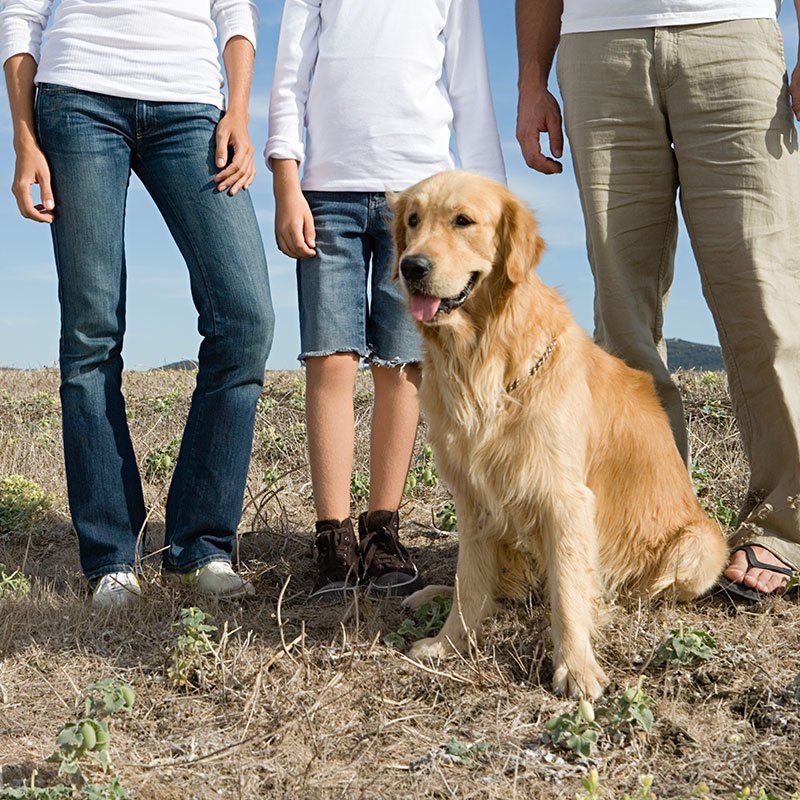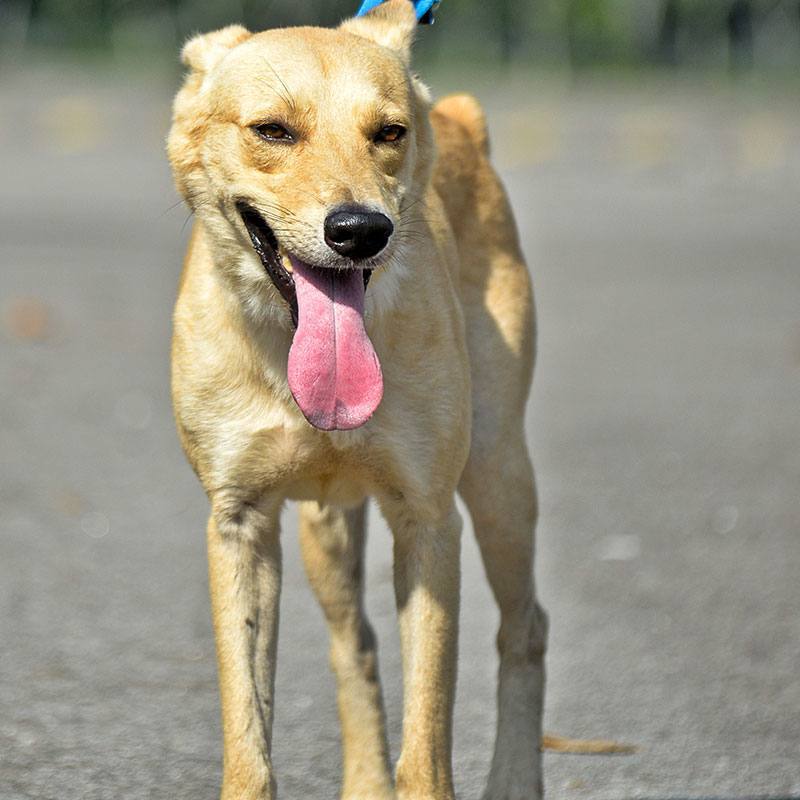Dog separation anxiety is very common and easy to manage. Recognizing the signs and symptoms of separation anxiety in dogs is important for pet parents. Training and behavior modification can greatly improve the quality of life for dogs with anxiety.
Causes of Dog Separation Anxiety
Dogs with anxiety have often experienced a traumatic event, such as abandonment or abuse. Pets adopted from shelters are more likely to show symptoms of dog separation anxiety. Puppy separation anxiety is also common. Major changes in your pet’s life, like moving homes or the loss of a pet or pet parent can also trigger anxiety in dogs.
Dog Separation Anxiety Symptoms
The most common signs of separation anxiety in dogs include:
- Destructive chewing
- Digging / scratching at doors
- Urination and defecation in house trained dogs
- Howling, barking, or whining
Dogs with separation anxiety will show these symptoms right after you leave the house. When you return, your dog may be overly excited, even if you were only gone for five minutes. Dogs with anxiety will also follow you from room to room and appear anxious when you prepare to leave.
Treating Dogs with Separation Anxiety
In minor cases of dog separation anxiety, pet parents can make a few small changes to relieve symptoms. Leave one of your clothing near your pet’s bed; your scent will calm your pet and reassure him or her that you’re returning. Don’t make a big deal when you leave or come home. Pick a phrase to say every time before you leave, such as “I’ll be back!” When you return, ignore your dog for a few minutes and then calmly pet him or her.
More severe cases of dog separation anxiety require more intense measures:
- Do loosely confine your pet to a small room, like a bathroom or yard/ balcony area.
- Dogs with anxiety need distractions, like toys or a window to look out.
- Don’t crate a dog with separation anxiety. This will only increase your pet’s fear and feel like a punishment.
- Don’t punish your pet for destructive behaviours. By the time you get home, your pet won’t know what he or she is being punished for.
- Do ask your vet about anti-anxiety medications. Some pets can benefit from dog separation anxiety medications
Copyright © 2017 Aon Hong Kong Limited. All Rights Reserved.
This article is intended for general information purposes only and is subject to change without notice. It should not be construed as advice or opinions on any specific facts or circumstances. The content of this article is made available on an “as is” basis, without any warranty of any kind, express or implied, including as to accuracy, completeness or otherwise at the time of initial publication or thereafter. To the extent permitted by law, Aon disclaims any responsibility or liability to any person or organization for any loss or damage caused by or resulting from any reliance placed on that content whatsoever. No part of this publication may be reproduced, stored in a retrieval system, or transmitted in any way or by any means, including photocopying or recording, without the written permission of the copyright holder, application for which should be addressed to the copyright holder.
HappyTails Insurance is underwritten by MSIG Insurance (Hong Kong) Ltd and arranged by Aon Hong Kong Ltd.








